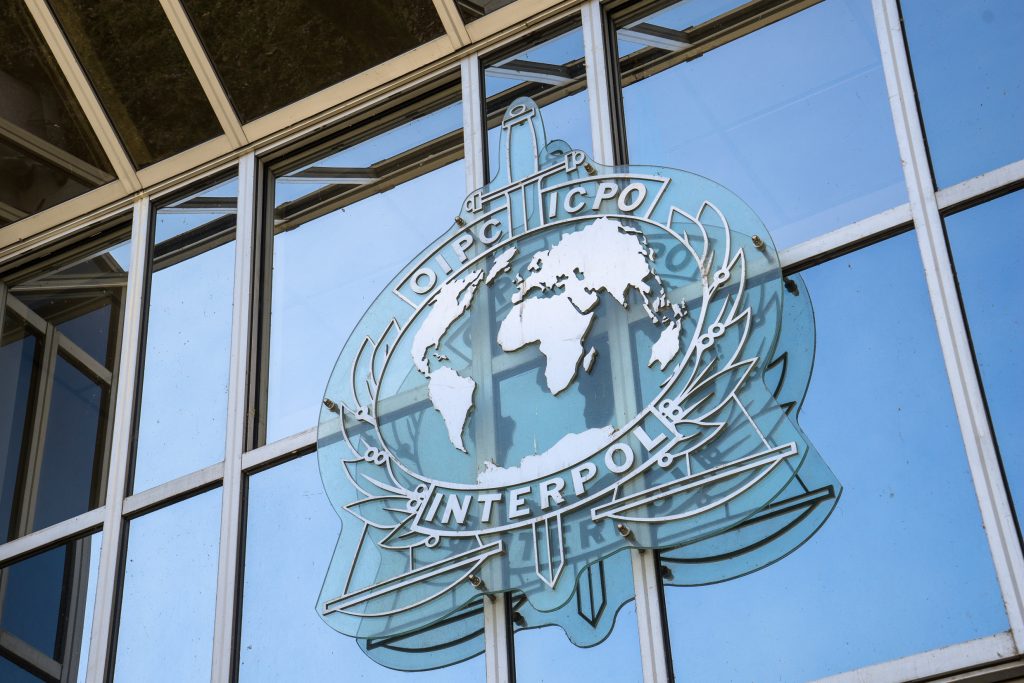Recently, the American Bar Association (ABA) held a conference on the ‘Latest Developments in Interpol’s Redress Mechanisms’. This conference brought together practitioners, academics, and Interpol’s staff to share the most recent developments in the field of Interpol litigation. These gatherings are valued and provide a platform to discuss the challenges that global police cooperation and enforcement pose. Among the many topics discussed at the conference, some will be subject to further reflection by the Red Notice Monitor. One first issue worth discussing, however, is the notorious delays in response times by Interpol’s Commission for the Control of Files.
The Role of the CCF
For an individual affected by an Interpol Red Notice or Diffusion, the CCF is a vital lifeline. As Interpol’s independent oversight body, the CCF reviews requests to access, amend, or delete data in Interpol’s databases, primarily to ensure compliance with the organisation’s regulations and international human rights standards. However, ongoing delays in processing these requests – often well beyond specified timelines – have undermined its effectiveness. These delays can leave individuals in prolonged uncertainty, facing travel restrictions, border detentions, or reputational harm. In this analysis, we examine the causes of these delays, their real impacts, and potential reforms, some of which were discussed during the panel.
The CCF acts as a quasi-judicial body, striving to ensure that data processing activities, including Notices and Diffusions, comply with Interpol’s Constitution, especially Article 2 (human rights obligations) and Article 3 (prohibition of political, military, religious, or racial motives). It oversees two main types of requests: access requests to verify data presence and complaints for data correction or deletion. According to the CCF’s own Rules, access requests should be handled within four months, and complaints within nine (Article 40(2), CCF Statute). However, in practice, these deadlines are frequently not met.
Causes of Delay
Multiple factors cause the delays. Firstly, the exponential increase in requests reflects heightened global awareness of Interpol misuse, driven by media and advocacy groups. Complex cases, particularly those involving political motives, require rigorous analysis to detect hidden extradition attempts.
Secondly, the CCF’s operational structure is under-resourced:
- 7 part-time commissioners meet only 3–4 times per year, for week-long sessions.
- They are supported by just 18 personnel (up from 15 in 2023).
- The 2025 budget is €4 million (up from €2.5 million in 2024) – but still inadequate.
Thirdly, non-compliance by National Central Bureaus (NCBs) worsens delays:
- 14% of cases in 2023 involved NCBs failing to respond.
- Some NCBs resubmit rejected notices, creating additional backlog.
The Secretariat Bottleneck
A critical yet often overlooked issue is the inadequate responsiveness of the Interpol General Secretariat. Teresa McHenry, CCF Chairperson, noted in the 2025 ABA conference that initial data verification by the Secretariat – covering verification of the existence of data in Interpol databases – can take up to six months, creating a fundamental bottleneck. This internal delay is not just an administrative problem; it indicates a systemic failure in coordination and accountability within Interpol’s core functions. The Secretariat’s postponements, often lacking clear enforcement mechanisms, weaken the CCF’s capacity to fulfil its mandates, raising serious questions about prioritisation and oversight. Without strict timelines or penalties for the Secretariat’s non-compliance, the CCF is set to struggle from the start, a point that deserves more scrutiny than it currently receives.
Delays and Their Impact on Individuals and Interpol
The human toll of these delays is significant. A Red Notice can limit international movement, cause sudden detentions, or result in lasting damage to reputation. During the ABA webinar, Michelle Estlund highlighted how U.S. immigration policies, including Executive Orders 14159 and 14287, amplify these effects for non-citizens, leading to mandatory detentions and deportations to unrelated jurisdictions. Even simple cases, such as those involving unpaid checks, can become stalled amid the backlog.
Systemically, delays undermine Interpol’s credibility. When states exploit notices to pursue dissidents, a sluggish CCF fails to act as an effective check. Dr. Ted Bromund pointed out that one-third of INTERPOL’s 196 member states treat Red Notices as de facto arrest warrants, risking human rights violations. The CCF’s high non-compliance findings highlight its importance but also the extent of abuse. Persistent delays encourage misuse, with patterns like NCB resubmissions undermining accountability.
Reforms Underway
Despite these challenges, the ABA forum identified areas for significant improvement in Interpol’s litigation practice, although the impact of these reforms is yet to be assessed.
Key measures include:
- Budget increase: €4 million for 2025 (up from €2.5 million in 2024).
- Staffing: three hires added in 2023, with more planned, plus higher pay for part-time commissioners.
- Digital portal: set to launch in late 2025, providing secure request submissions and tracking to reduce administrative workload.
However, McHenry warned that hiring delays may postpone immediate benefits.
The CCF Statute Review
The ongoing CCF Statute review, launched in December 2024, focusing on procedural improvements, seeks to include measures to prevent misuse and frameworks for preemptive requests, with a public consultation in April 2025 providing valuable input, including that of the drafters of this blog. Further engagement is scheduled before the November 2025 Marrakesh General Assembly. Enhanced transparency through published decision excerpts, covering more topics such as supporting practitioners, and helps clarify Interpol’s understanding of its own rules. These initiatives are a positive step, and we commend Interpol’s proactive engagement with stakeholders to improve the system.
Remaining Challenges
Nevertheless, a critical perspective is necessary. The Secretariat’s slow responses remain a significant unresolved problem. Without enforceable deadlines or internal accountability measures, the CCF’s effectiveness will continue to decline. For example, certain Statute amendments might undermine CCF independence. The high non-compliance rate highlights the need for systemic solutions beyond increased resources, especially to address Secretariat coordination issues. While reforms are encouraging, they must address these fundamental problems to achieve real change.
Balancing Enforcement and Rights
The CCF’s processing delays highlight a core tension at Interpol: enabling global law enforcement while protecting individual rights. The 68% non-compliance rate in 2023 demonstrates the CCF’s importance, but delays undermine its effectiveness. While we welcome the 2025 budget increase, the digital portal, and the Statute review, the Secretariat’s unresponsive stance remains a significant flaw. Member states that major funders must advocate for stronger oversight and more resources to restore trust.
—
Image: Bruno Guerrero via Unspalsh



